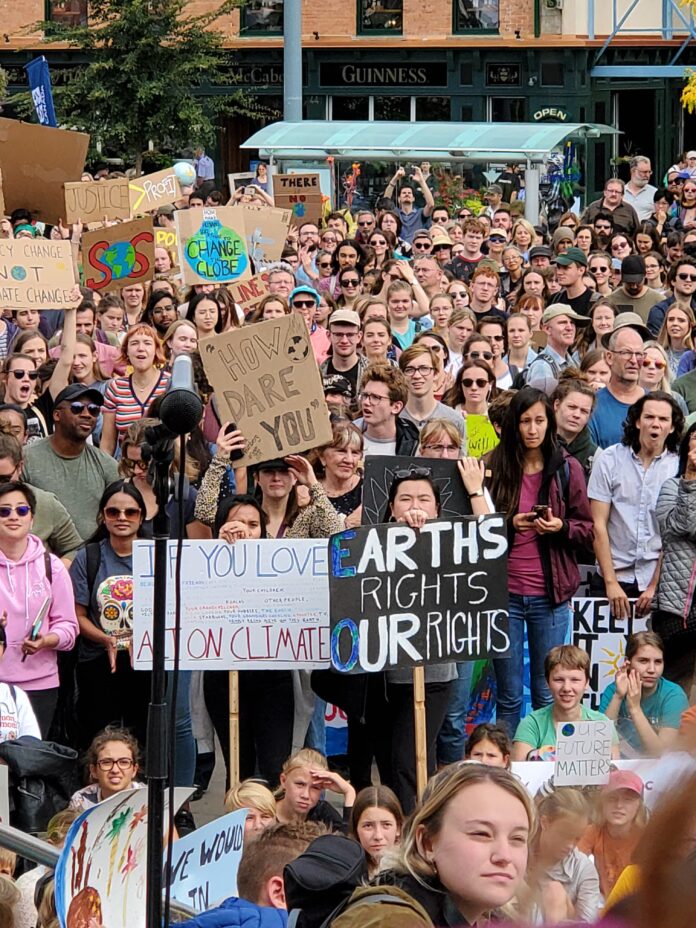Redefining the ‘good life’ by Hassan Ali (4A Nano Engineering)
Ecological destruction and poor mental health have come to define the state of both nature and humanity in recent decades.
The pandemic and the much larger climate crisis demonstrate the horrifying consequences of a social and economic system based on endless accumulation that puts profits ahead of human life and the environment.
Millions of people have died worldwide from COVID-19 and the latest Intergovernmental Panel on Climate Change report has been called “a code red for humanity.” An understanding that these issues are systemic and baked into the system of capital accumulation is important and is something more and more people are finally starting to achieve. However, merely recognizing this fact is insufficient. If we believe “the point is to change it,” then we need to not only understand but reject the underlying premises of this system to begin the long task of creating an ecologically sound, egalitarian and just society.
One of the main premises upon which this system is built is that endless growth is necessarily a good thing. Consumerism is forced into everyone’s head and people are made to believe that the highest ideal is to buy more and more simply for the sake of it. While it is true that some forms of social and economic growth – such as indoor plumbing and electricity – improve people’s well being drastically, others, like smartphones and computers, have little to no benefit on people’s quality of life.
To challenge this system, we must redefine the “good life” traditionally seen as based on affluence and high consumption. This new vision of human life is not based on some puritanical worldview that rejects pleasure but rather, as Kate Soper articulated in an article for The Guardian, it is based on an “alternative hedonism” that values meaningful experiences and relations with oneself, other people, one’s labour and the environment. Soper also argued that even if there were no moral or ecological objections, a high consumption lifestyle would not increase pleasure or happiness for humanity.
The terrible mental health of most young people today illustrates that the current system is incapable of meeting their social and psychological needs. The lockdowns brought about by the pandemic have taken an enormous toll on young people. The shutting down of schools, universities, and many other public places and events have led to an epidemic of loneliness according to a Harvard research paper,with 61 per cent of those aged 18 to 25 reporting high levels of loneliness. A problem of this sort cannot be solved through technological innovation. Schools and universities need to recognize that online classes are no replacement for the education that students receive in the classroom where they interact with each other and professors.
To address the epidemic of loneliness, COVID-19 and the ecological destruction wrought by this system, we must reject the view that endless growth and accumulating more and more things are part of prosperous and meaningful life. The ideology of this system is best captured in the famous phrases “there is no society” and “there is no alternative.” The first is to convince people that they are completely alone in this world and the second that it must be this way. However, neither of these statements are true.
Society may feel broken, but it can be rebuilt through collective struggle, and with it an alternative to this system can emerge. These can be struggles against war, imperialism, fossil fuels, and for clean energy, better wages and working conditions, and the rights of all people. Rebuilding society can be the foundation to an ecologically sound and socially just world.






























